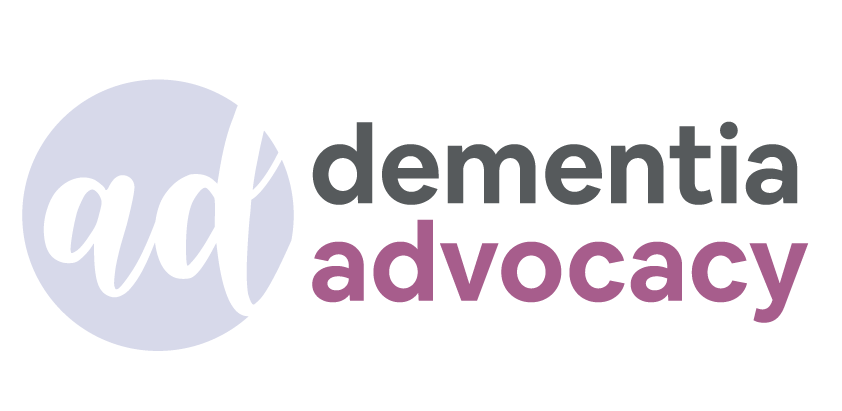
What is dementia?
Dementia is an umbrella term for a variety of symptoms that affect the brain. The term ‘dementia’ describes a collection of symptoms, rather than a disease.
These symptoms can include memory loss, difficulties with language, or problem solving, attention and concentration, sensory challenges, changes in mood and motivation and are a result of damage to the brain caused by a build of plaques caused from amyloid fluid that cause tangles to the neurons in the brain causing areas of the brain get damaged and sometimes die.
There are said to be nearly 200 types of dementia, depending on the area of the brain that is affected and the set of symptoms you may experience will depend on the diagnosis you receive.
When you have met one person with dementia you have met one person - Tom Kitwood.
Our personalities, life stories and life styles make up who we are so people can all be affected very differently by dementia. It is important to see the individual and not the disease and realize what works for one person may not work for someone else.
What is dementia?
Debunking the myths
People can get a diagnosis at any age. It is important to realise that there are stages in a journey of dementia, there is a beginning, a middle and an end and with the correct support and guidance people can live fulfilling, purposeful and fun life though all these stages.
It only affects old people . False .
It can affect your memory, but depending on the type of dementia you have will depend on the symptoms you display. Other symptoms can be; difficulty in processing information understanding instructions, difficulties with attention and concentration, sensory challenges, changes in mood and motivation, language and speech can change or differ and peoples spacial and perceptual awareness can change.
It only affects your memory . False .
Alzheimers is different to dementia . False .
Alzheimer’s is a form of dementia and is currently the most commonly diagnosed at 62%, other common forms could be Vascular dementia 17%, Rare type 5%, Lewy bodies 4%, Frontal lobe 2% and then you can get a mix which can account for 10% of people. This means you may have a variety of symptoms depending on the area of the brain that is affected. Remember there is thought to be over 200 types of dementia therefore not everyone will be effected in the same way
I am experiencing problems with my memory I must have dementia . False .
There is a thing called dementia mimicry- there are many things that could be happening in your life style that could cause you to experience symptoms associated with dementia such as stress, grief, chronic pain or an underlying health condition - this is why it is so important to go to your GP to get on the diagnosis pathway.
You can NOT learn new things with dementia . False .
It is possible to learn new things with dementia, many individuals living with dementia have documented their strategies and techniques for learning new skills and the benefits and joy these things have bought them- check out Wendy Mitchell's Blog about using You Tube to re-learn to knit or George Rooks blog about learning to whittle whistles.
Your next steps

Coming to terms with your diagnosis
This can sometimes take a while, it is very important to be kind to yourself, to give yourself the time to process what is going on and to make a plan about how you want to live with your diagnosis. Discuss your diagnosis with your loved ones and start to build a strong support network around you.

Education
Learn as much as you can about the type of dementia you have been diagnosed with, meet others who have recently been diagnosed and are living with dementia. Peer support is vital in connecting you with others who understand what it is like to live with a diagnosis of dementia and to learn about what is available in your community.
Take back control
By empowering yourself to understand your diagnosis, to find strategies to keep you independent and to make plans for your future, you can decide how you want your future to look, what support you may want and need, how you want to be supported through this journey.- My care matters- Zoe Harris plan for today live for the future hand book has been widely commended and helps you in a considered ordered way in future care planning.

Make friends and meet people
Once you have the strength to go and meet people try to do it, finding a support network around you who have lived experience is invaluable, also you maybe able to help someone on their journey and make a difference to others. Your voice is important and it is important that you live the life you choose and receive the support and guidance you want and need.



















